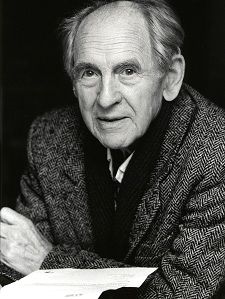Border and Community Vigilantism

"All Americans were once immigrants. It's high time newcomers were embraced like early arrivals in colonial times. They were welcomed and helped, not spurned the way Latinos and other people of color are today. It's a sad testimony to today's America, repressive at home and belligerent abroad against people who "aren't like us." Imagine the difference under leaders like them."
Founded by long-time human rights activist/former baseball executive Enrique Morones in 1986, Border Angels.org tries to save lives by
"stop(ping) unnecessary deaths of individuals traveling through the Imperial Valley desert (and mountain) areas....surrounding San Diego County, as well (locations) around the" US-Mexican border.
Extreme heat and cold conditions take lives. Desert summer temperatures reach 127 degrees so water is crucial to survive. Volunteers provide it throughout the spring and summer months, in violation of US law. In fall and winter, life-saving stations are maintained in mountain areas, providing warm clothes, food, and water.
A recent article covered Obama's immigration agenda, accessed through this link.
It discussed the National Network for Immigrant and Refugee Rights (NNIRR) recent report on repressive immigrant policing. It accused Washington and growing numbers of states of running "a brutal system of immigration control and policing that criminalizes immigration status, normalizes the forcible separation of families, destabilizes communities and workplaces, and fuels widespread civil rights violations."
It also fuels racial discrimination and hate violence against anyone perceived to be foreign, especially people of color, notably from south of the border. They risk cruel and unusual punishment, even death, NNIRR reporting at least two migrant fatalities daily, and for every body found "at least ten others are believed to have disappeared."



























